EXW China: Your Goods, Your Terms!
Competitive Rates for EXW Shipments
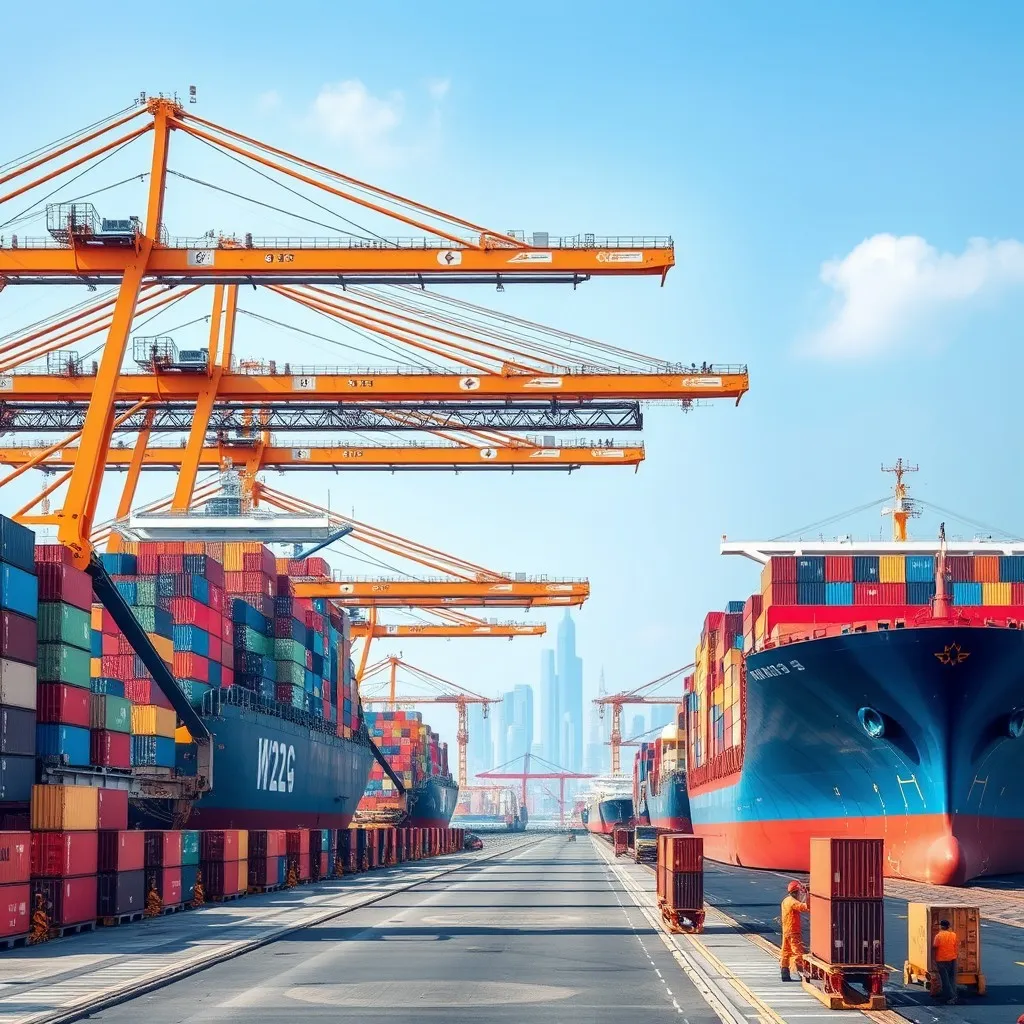
Sea Freight from China
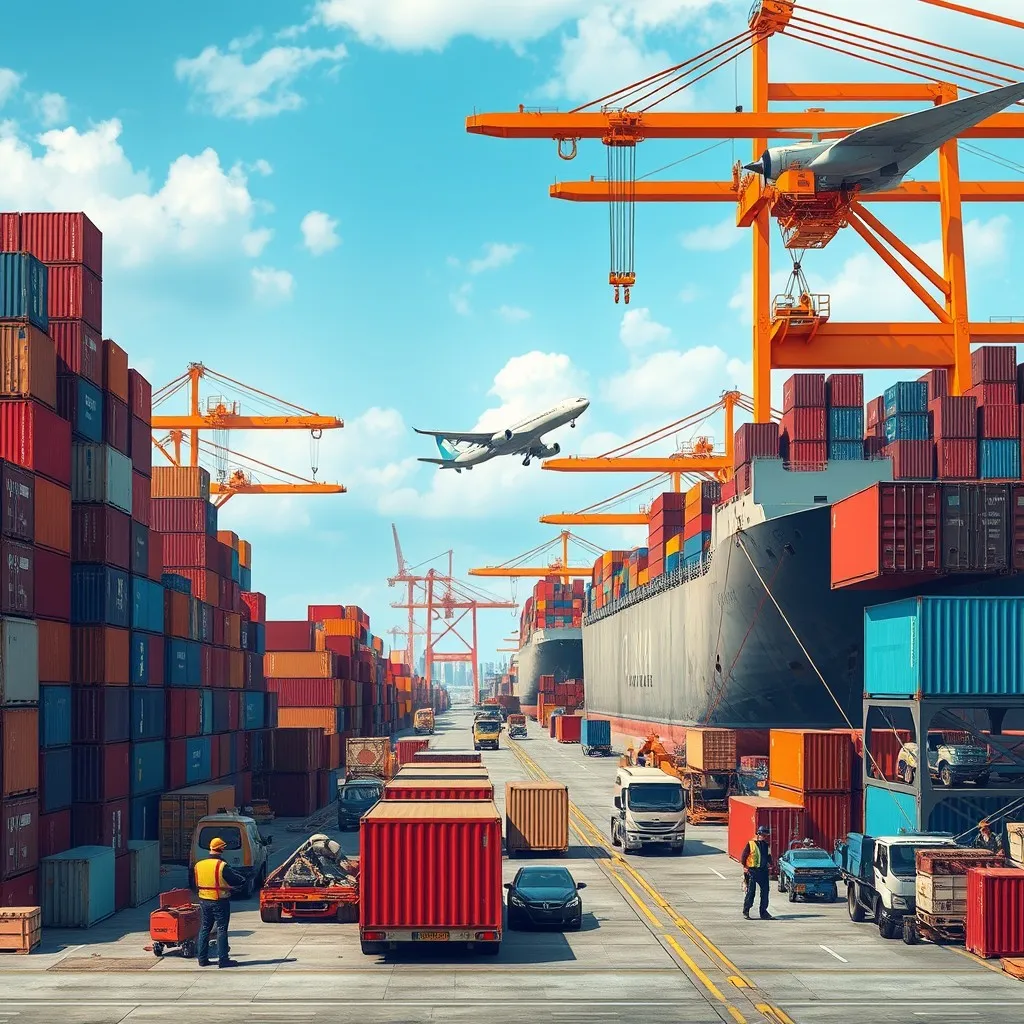
Air Freight from China
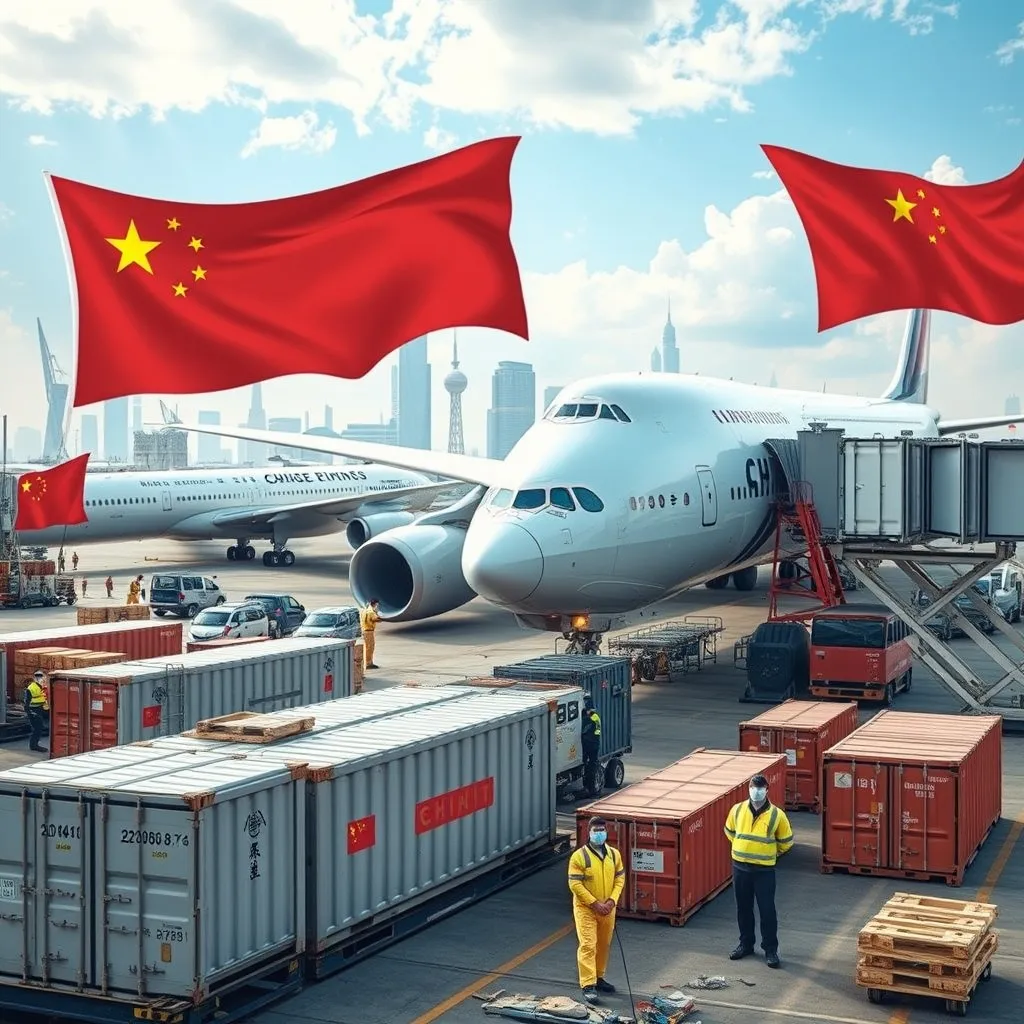
FCL Freight from China
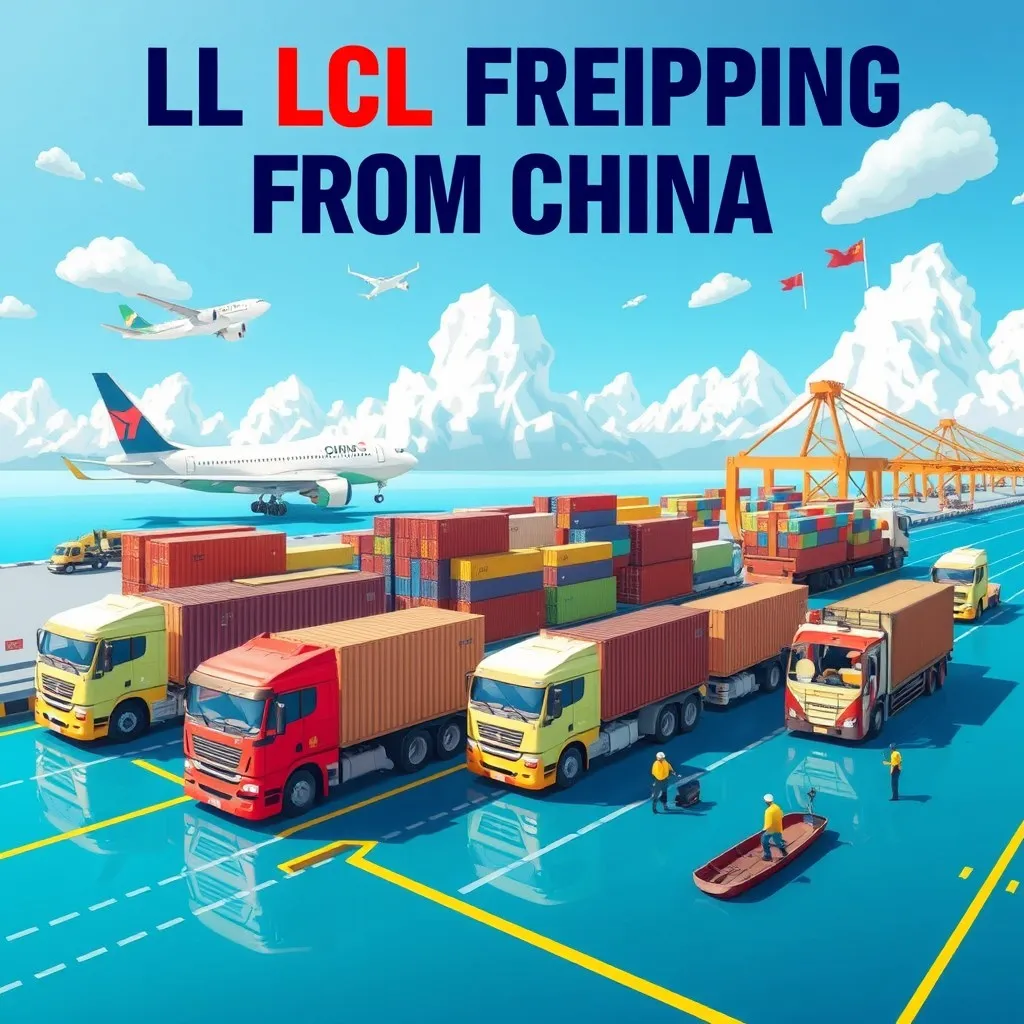
LCL Freight from China
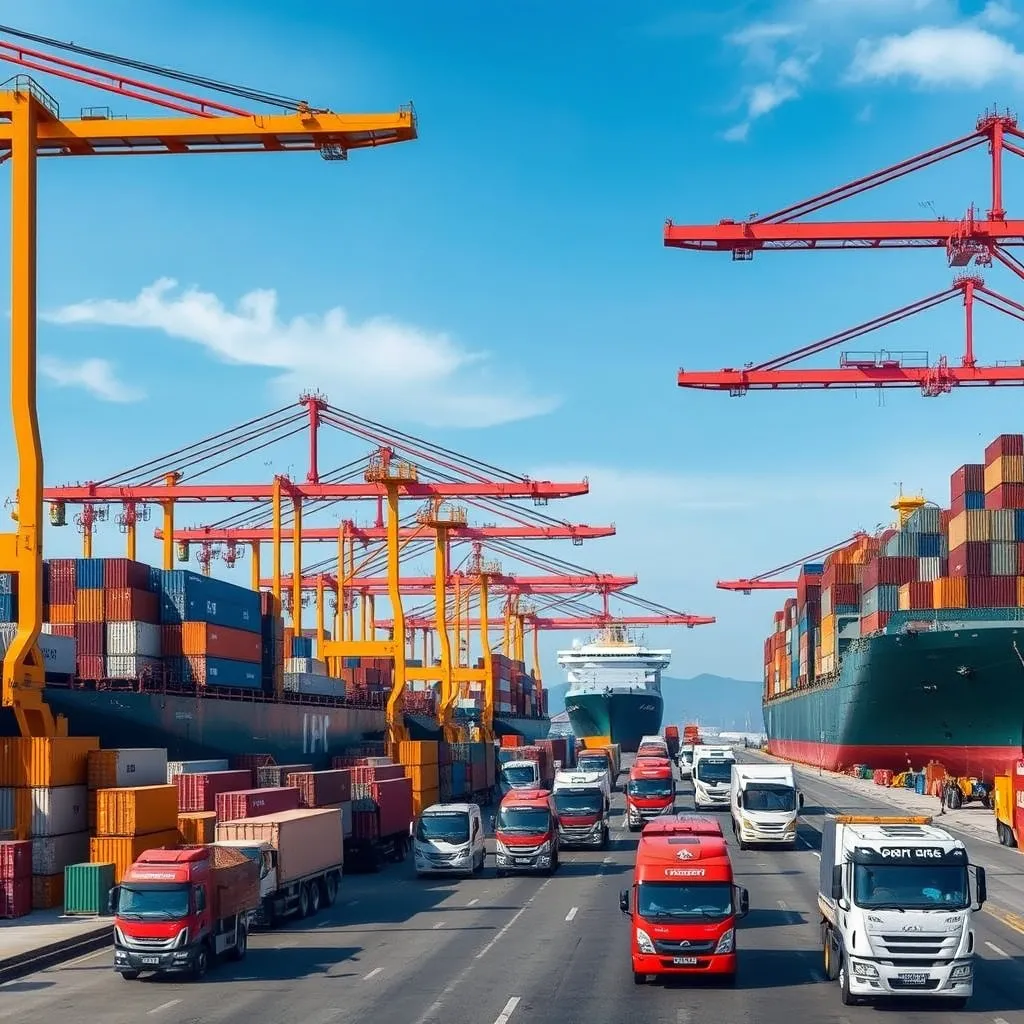
EXW Shenzhen
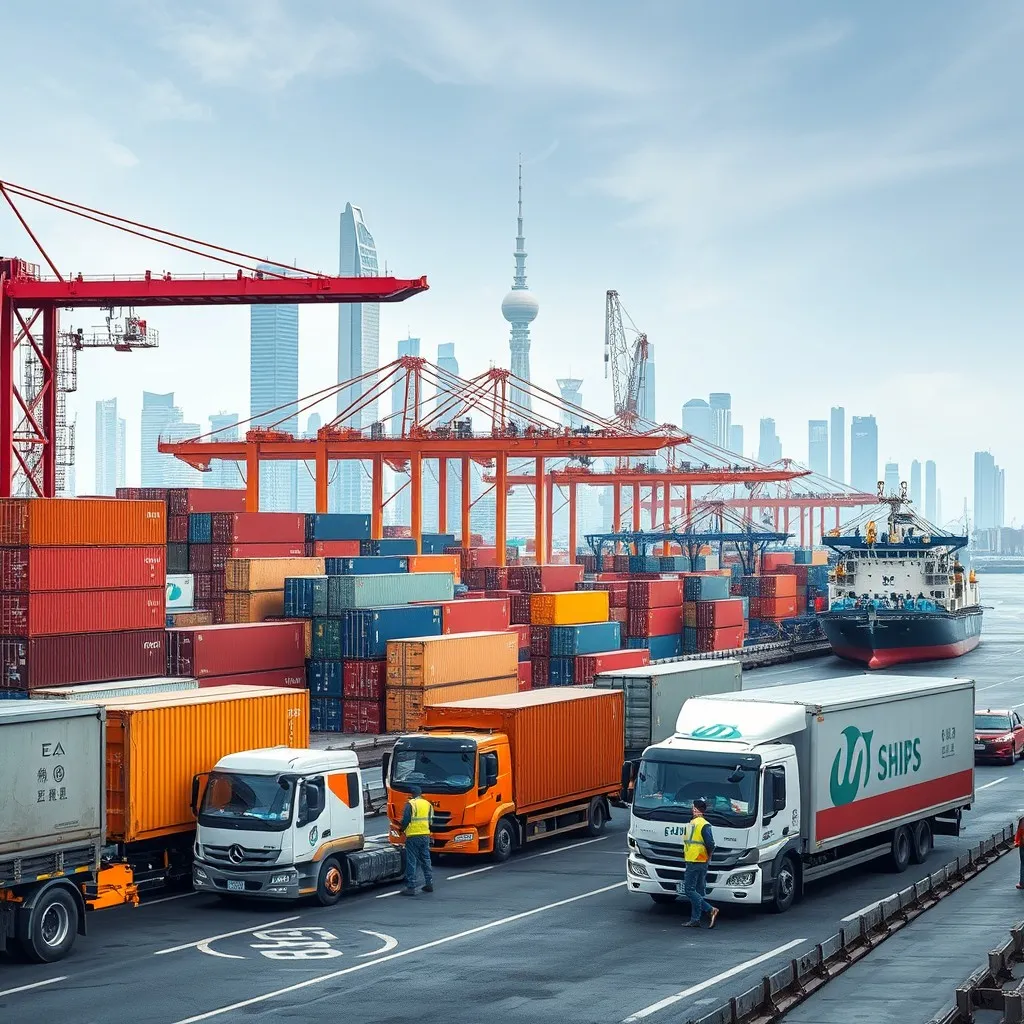
EXW Shanghai
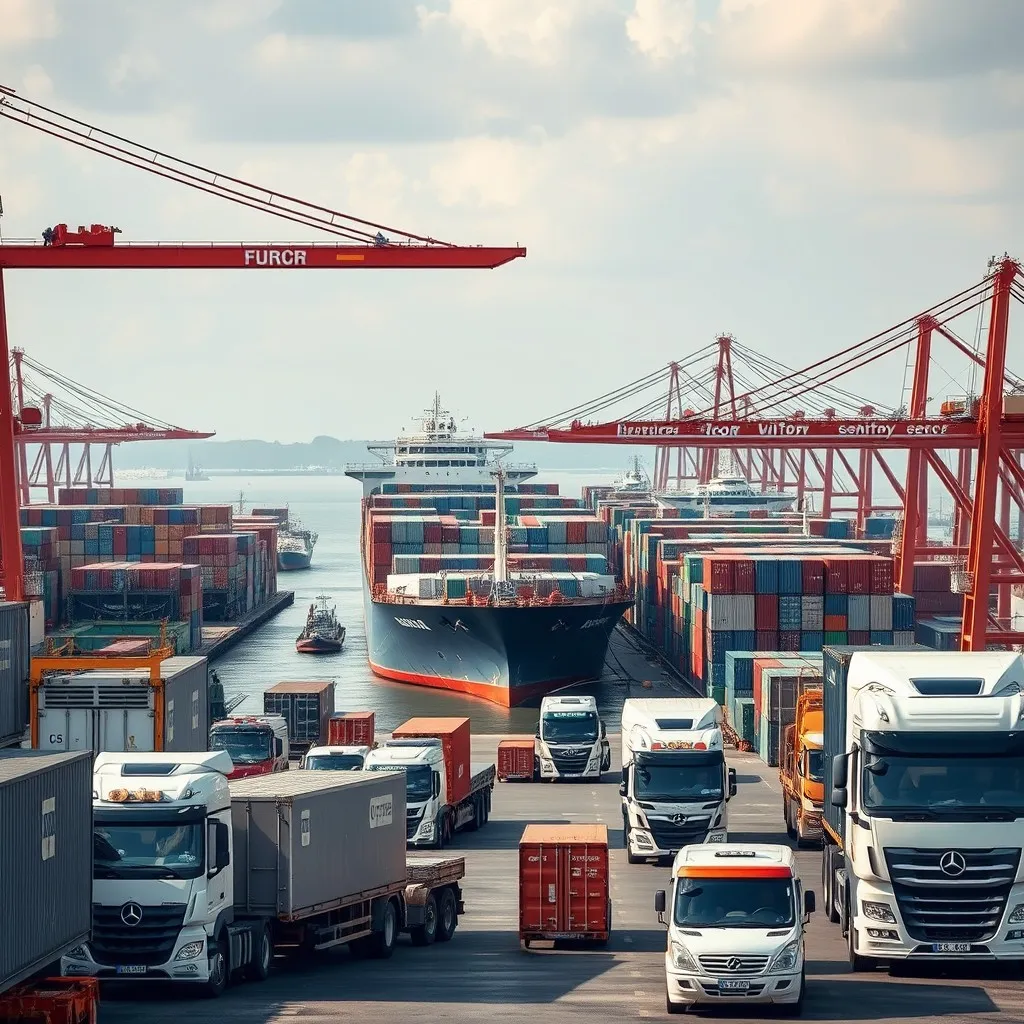
EXW Guangzhou
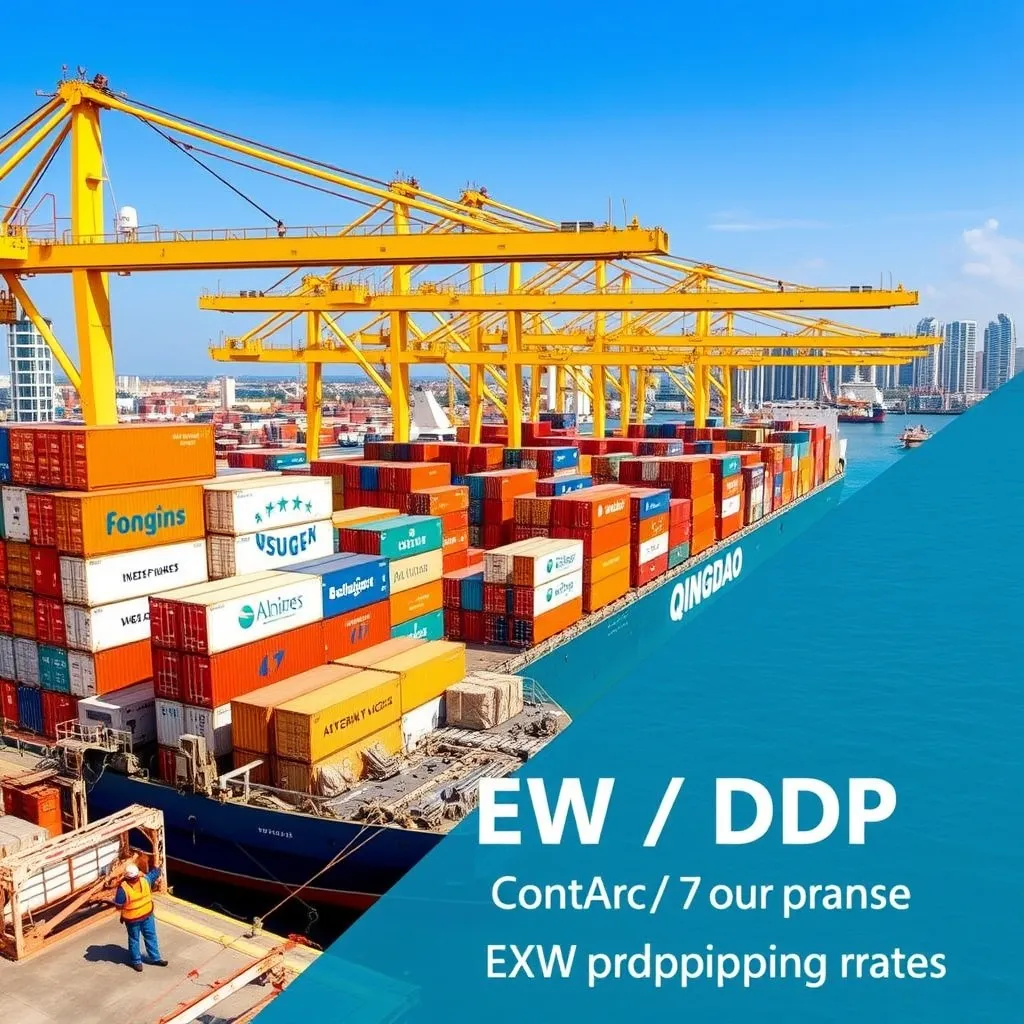
EXW Qingdao
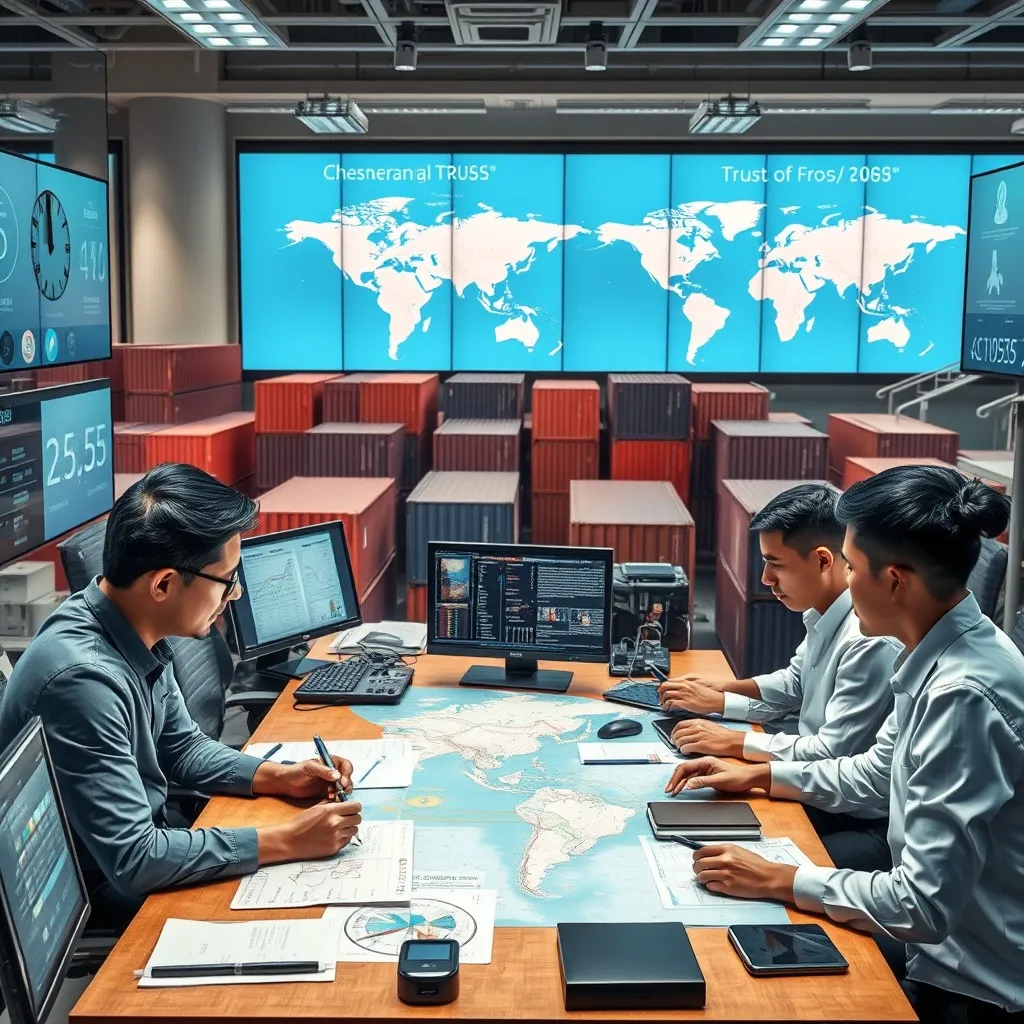
EXW Xiamen
Calculate Your Shipping Costs from China
FCL Shipping from China
FCL Shipping from China
More Services When Shipping from China
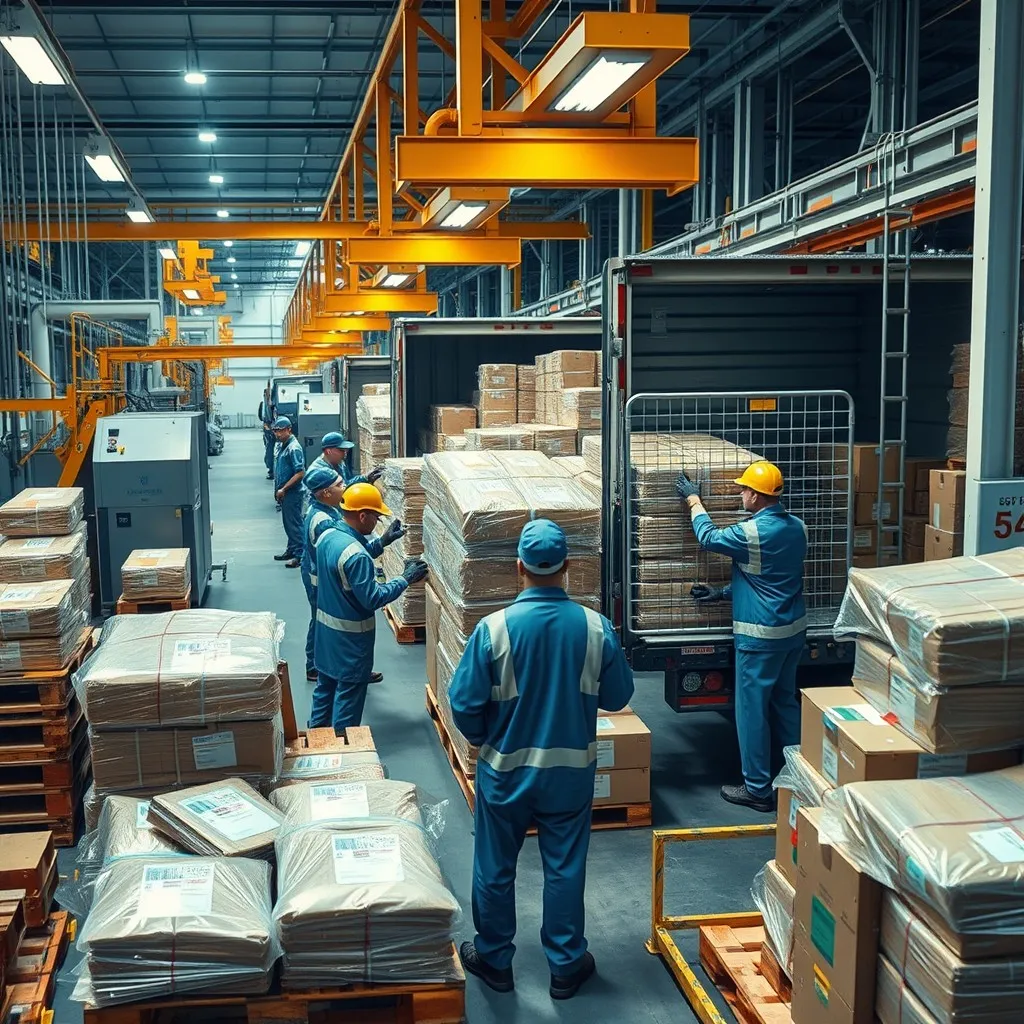
Loading Supervision
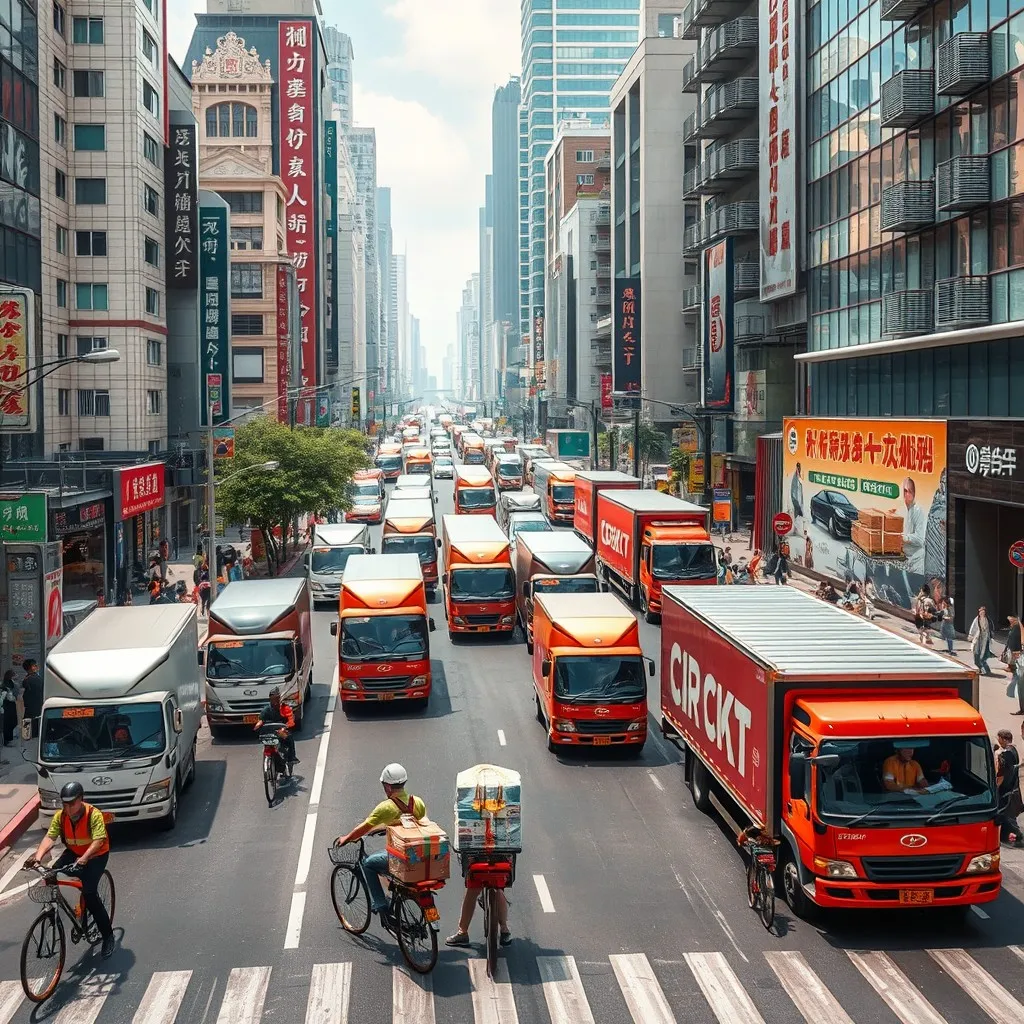
Pickup and Delivery
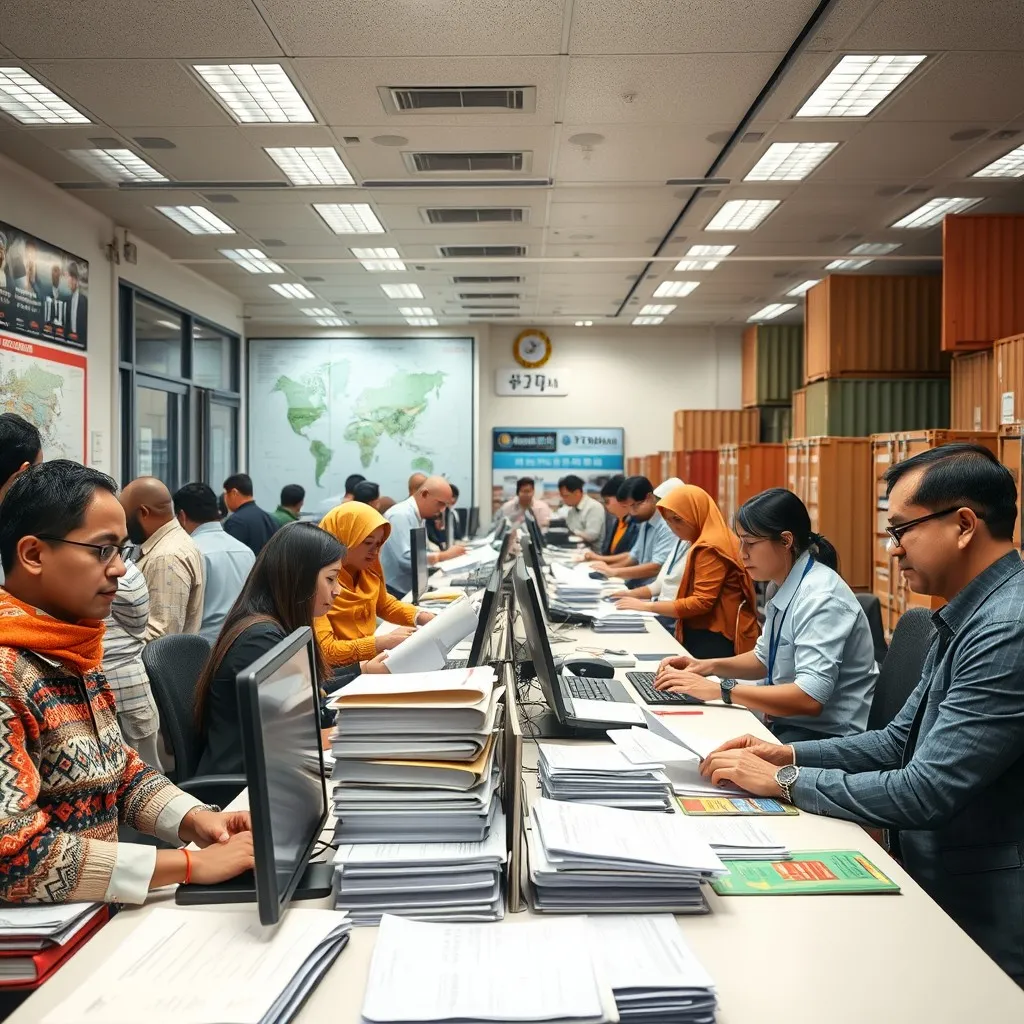
Customs Clearance
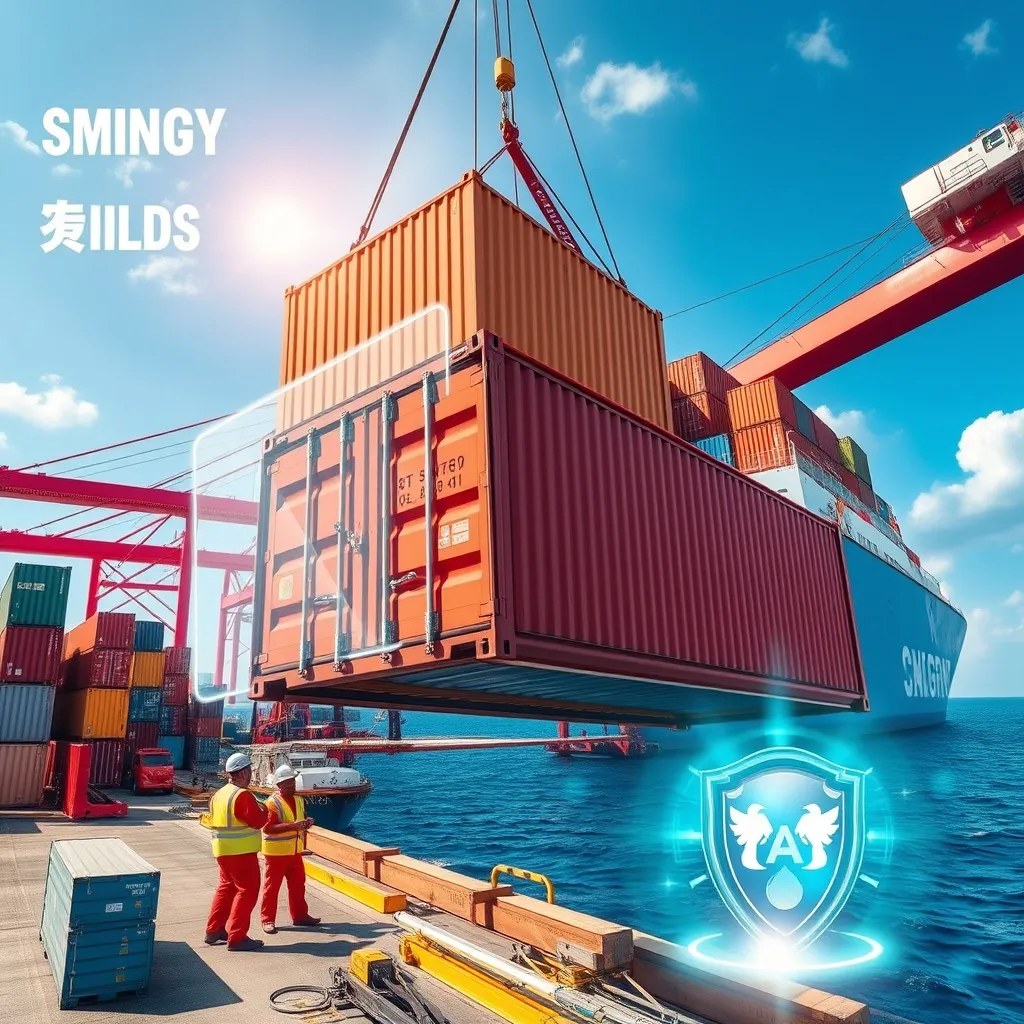
Cargo Insurance
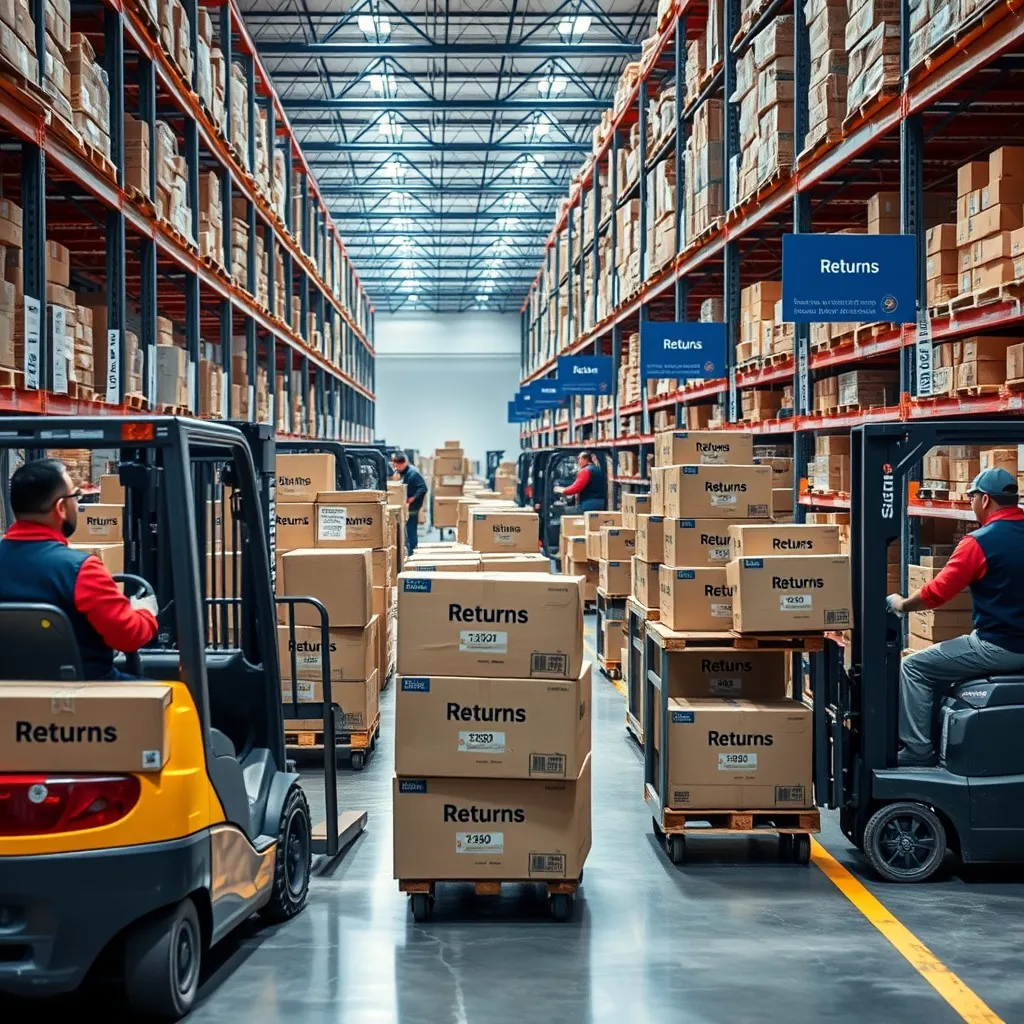
Warehousing and Distribution
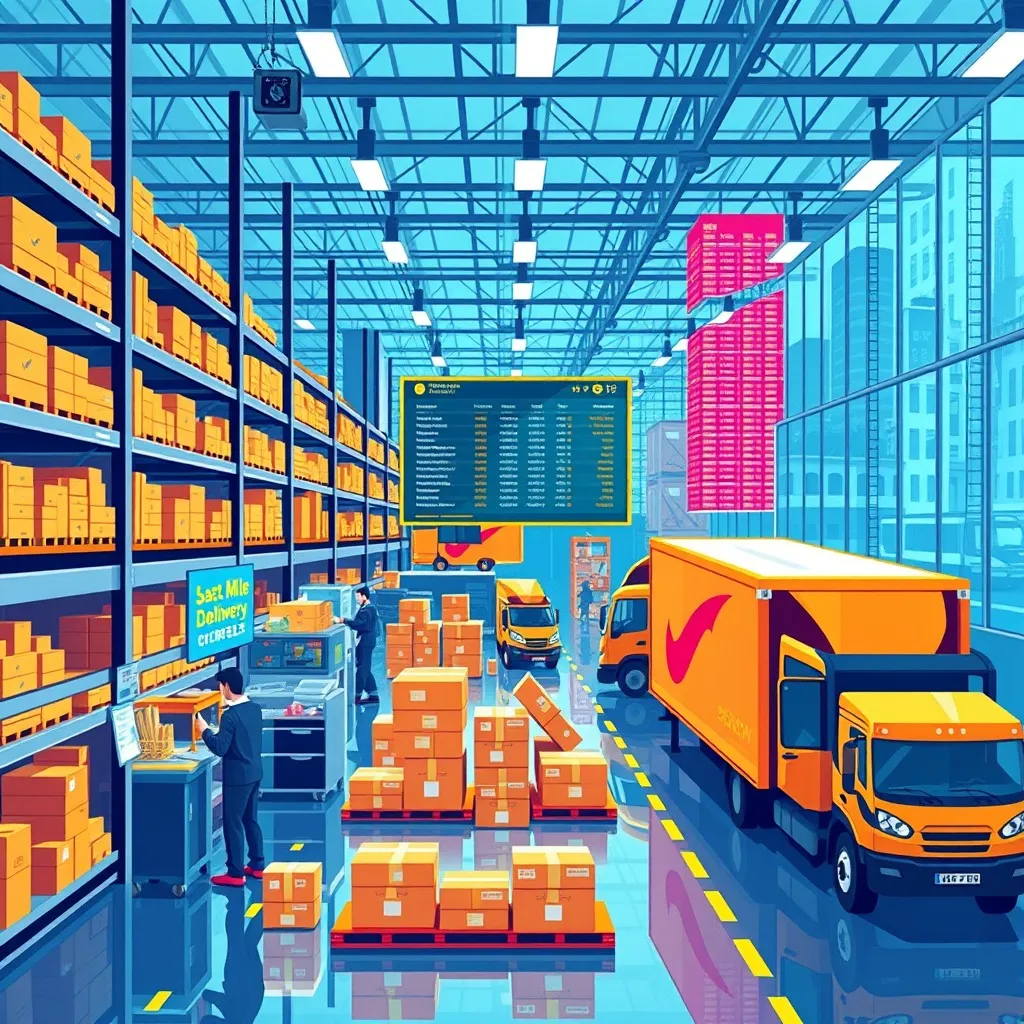
E-commerce Fulfillment

Return Management
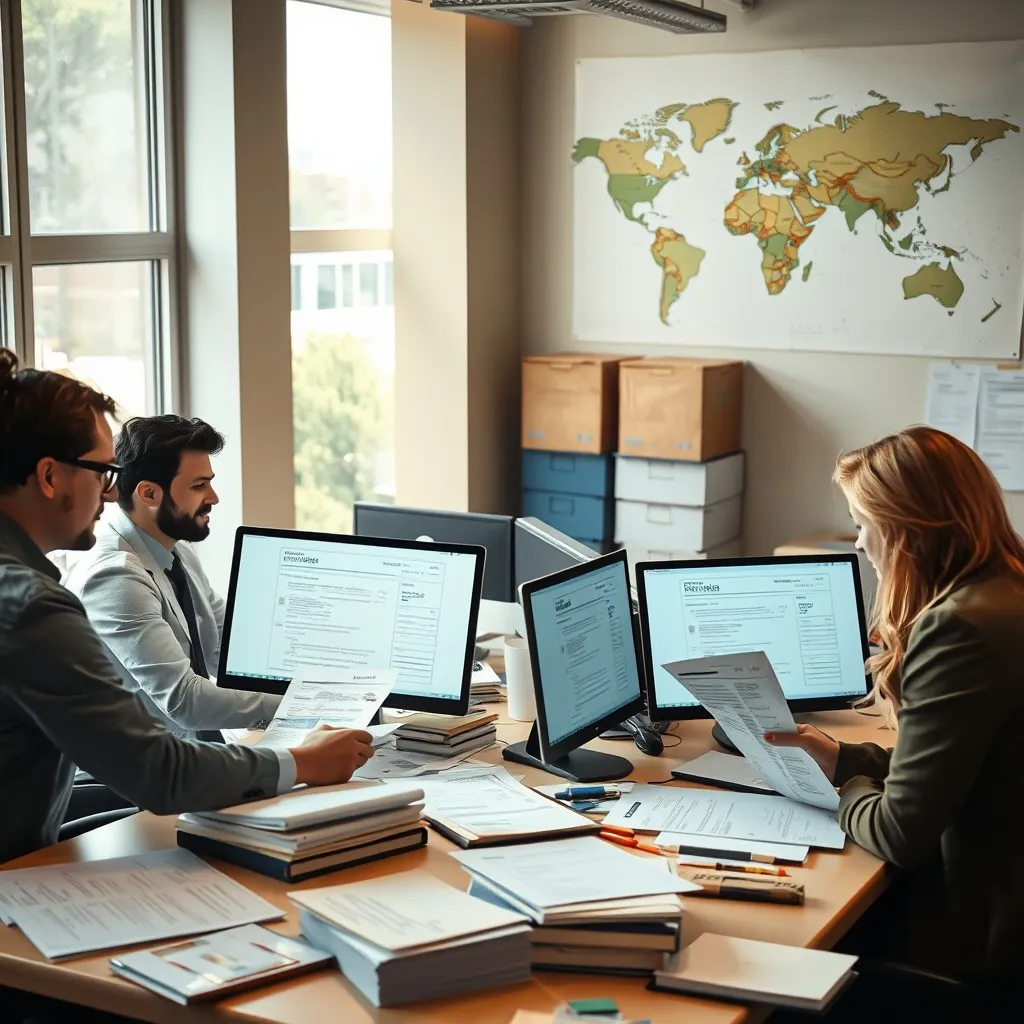
Documentation Services
Your Best Freight Forwarder from China
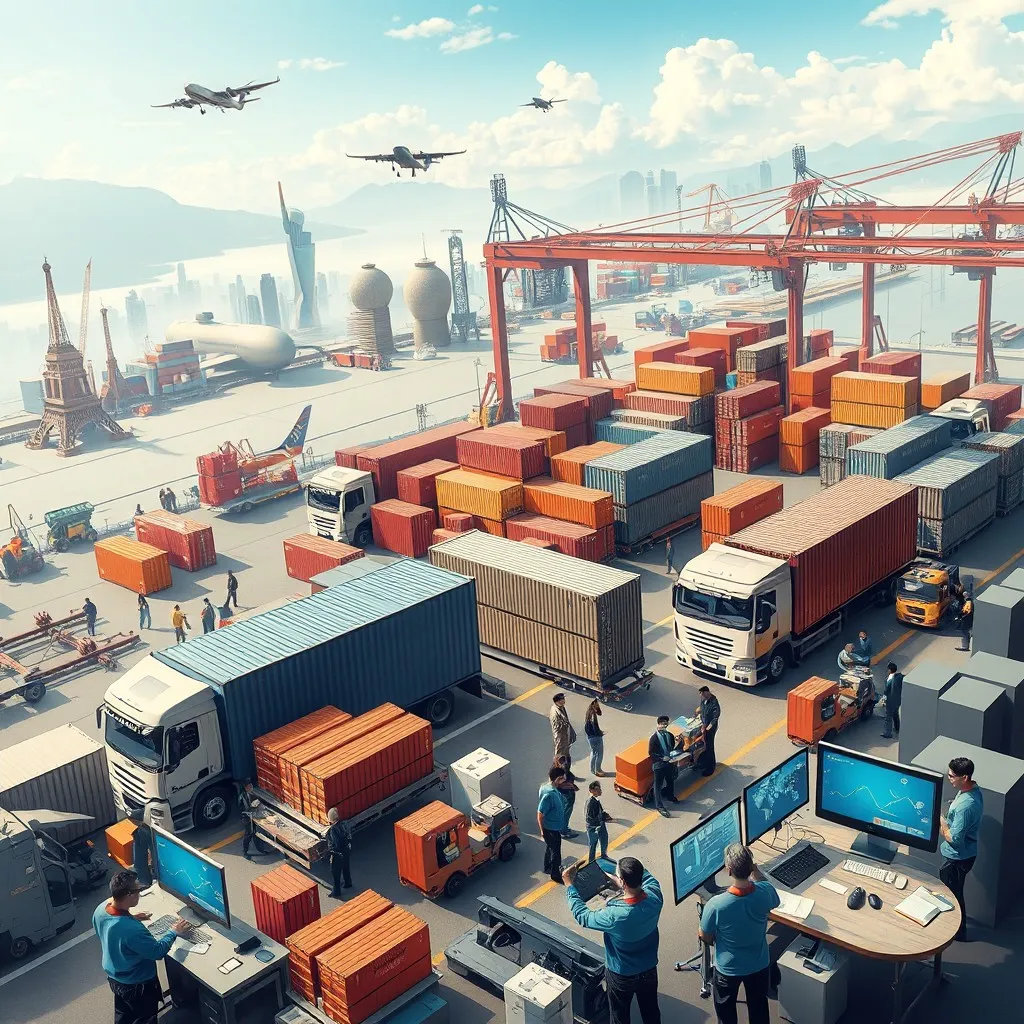
EXW Shipping from China: The Definitive Guide
Are you considering importing goods from China? If so, you’ve likely encountered the term “EXW shipping.” EXW, or Ex Works, is a crucial concept in international trade that you need to understand. This shipping method can significantly impact your importing strategy, especially when dealing with Chinese suppliers.
EXW shipping puts you, the buyer, in the driver’s seat. Under these terms, the seller’s only responsibility is to make the goods available at their premises. From there, it’s all on you. This arrangement offers both exciting opportunities and potential challenges for your business.
EXW Basics
When you opt for EXW shipping, you’re taking on a lot of responsibility. The moment the goods are available at the seller’s location, they become your property. This means you’re in charge of everything from that point forward – transportation, insurance, customs clearance, and more.
This transfer of responsibilities has a significant impact on pricing and risk management. On one hand, you might secure a lower initial price from your supplier. On the other, you’re shouldering all the risks and costs associated with getting the goods to your destination.
Legal Implications
Understanding the legal aspects of EXW shipping is crucial. When you agree to these terms, you’re entering into a specific type of contract with your Chinese supplier. It’s essential to have crystal-clear agreements in place to avoid any misunderstandings or disputes down the line.
Remember, if something goes wrong during transit, it’s generally your problem to solve. That’s why it’s crucial to have robust contracts and consider working with experienced freight forwarders or logistics providers who can help navigate potential issues.
How EXW Shipping Works
Let’s break down the EXW shipping process step by step:
- You place an order with your Chinese supplier under EXW terms.
- The supplier manufactures or prepares your goods.
- Once ready, the supplier notifies you that the goods are available for pickup.
- You arrange for a freight forwarder or shipping company to collect the goods.
- Your chosen transporter picks up the goods from the supplier’s location.
- The goods are transported to the port or airport.
- You handle all export procedures and pay any associated fees.
- The goods are shipped to your country.
- Upon arrival, you manage import customs clearance and pay duties and taxes.
- Finally, you arrange for delivery to your desired location.
This process can take anywhere from a few weeks to several months, depending on various factors like production time, shipping method, and customs procedures.
Supplier’s Role
Under EXW terms, your Chinese supplier’s role is relatively limited but still crucial. Their primary responsibilities include:
- Manufacturing or sourcing the goods according to your specifications
- Packaging the items appropriately for international shipping
- Providing necessary documentation, such as commercial invoices and packing lists
- Making the goods available for pickup at their facility
It’s important to maintain clear communication with your supplier throughout this process. Ensure they understand exactly when and how the goods will be collected, and what documentation needs to be prepared.
Buyer’s Responsibilities
As the buyer using EXW shipping, you have a long list of responsibilities. These include:
- Arranging and paying for transportation from the supplier’s premises to your final destination
- Obtaining necessary export and import licenses
- Handling customs clearance procedures in both China and your home country
- Paying for insurance to cover the goods during transit
- Managing any risks associated with loading and transporting the goods
Given these extensive duties, it’s crucial to be well-prepared and potentially work with experienced partners who can help navigate these complex processes.
Cost Breakdown of EXW Shipping
When considering EXW shipping from China, it’s essential to understand all the costs involved. While the initial price quoted by your supplier might seem attractive, remember that you’re responsible for all shipping and handling costs.
Here’s a general breakdown of costs you might encounter:
- Goods cost (as quoted by the supplier)
- Inland transportation in China
- Export customs clearance fees
- International freight charges (air or sea)
- Insurance
- Import duties and taxes in your country
- Customs clearance fees at destination
- Inland transportation to your final destination
Compared to other Incoterms like FOB (Free on Board) or CIF (Cost, Insurance, and Freight), EXW often results in a lower quoted price from the supplier. However, your total landed cost – the full amount you pay to get the goods to your door – may end up being higher due to the additional responsibilities and potential for unexpected expenses.
Transportation Costs
Your transportation costs will vary greatly depending on factors such as:
- The size and weight of your shipment
- The shipping method (air, sea, or land)
- The specific route from China to your destination
- Current fuel prices and market rates
To optimize these costs, consider consolidating shipments when possible, comparing quotes from multiple freight forwarders, and being flexible with your delivery timelines if your business allows it.
Additional Expenses
Be prepared for additional costs that might not be immediately apparent:
- Terminal handling charges
- Documentation fees
- Customs inspection fees
- Storage charges if your goods are held at customs
- Demurrage or detention fees for delayed container returns
Insurance is another crucial consideration. While it adds to your upfront costs, it can save you from significant losses if something goes wrong during transit.
Best Practices for EXW Shipping from China
To make the most of EXW shipping from China, consider these best practices:
- Do your homework: Thoroughly research potential suppliers and freight forwarders before committing.
- Negotiate carefully: While EXW terms put most responsibilities on you, you may be able to negotiate some assistance from your supplier.
- Plan for delays: Build buffer time into your supply chain to account for potential shipping or customs delays.
- Invest in relationships: Building strong partnerships with reliable Chinese suppliers can lead to smoother operations and potentially better terms over time.
- Stay informed: Keep up-to-date with changes in international shipping regulations and practices.
Choosing the Right Partners
Selecting the right partners is crucial for successful EXW shipping. When choosing Chinese suppliers, look for:
- A proven track record of quality production
- Clear communication and responsiveness
- Familiarity with international trade practices
- Positive reviews or references from other international buyers
Similarly, when selecting freight forwarders or logistics providers, prioritize those with:
- Experience in China-specific logistics
- A strong network of partners in both China and your destination country
- Clear pricing structures and good customer service
- Expertise in handling any special requirements your goods might have
Documentation and Compliance
Proper documentation is critical for smooth EXW shipping. Key documents you’ll need include:
- Commercial Invoice
- Packing List
- Certificate of Origin
- Bill of Lading or Airway Bill
- Any product-specific certifications or licenses
Ensure all documentation is accurate and complete to avoid delays or issues with customs. Staying compliant with both Chinese export regulations and your country’s import laws is crucial. Consider working with a customs broker or trade compliance expert to navigate these complex requirements.
Conclusion
EXW shipping from China offers both opportunities and challenges for importers. While it gives you more control over the shipping process and can result in lower quoted prices from suppliers, it also comes with increased responsibilities and potential risks.
Before deciding if EXW is right for your business, carefully consider your resources, expertise, and risk tolerance. For some businesses, especially those with experience in international logistics, EXW can be a cost-effective option. For others, alternative Incoterms like FOB or CIF might provide a better balance of control and convenience.
Future Outlook
The landscape of international shipping is constantly evolving. Recent global events have highlighted the importance of resilient and flexible supply chains. As you consider your shipping strategy, keep an eye on emerging trends such as:
- Increased digitization of shipping and customs processes
- Growing emphasis on sustainability in logistics
- Potential shifts in global trade patterns and regulations
By staying informed and adaptable, you’ll be well-positioned to navigate the complexities of EXW shipping from China and make the most of your international trade endeavors. Remember, when in doubt, don’t hesitate to consult with logistics experts or experienced importers. Their insights can be invaluable in crafting a shipping strategy that works best for your unique business needs.
